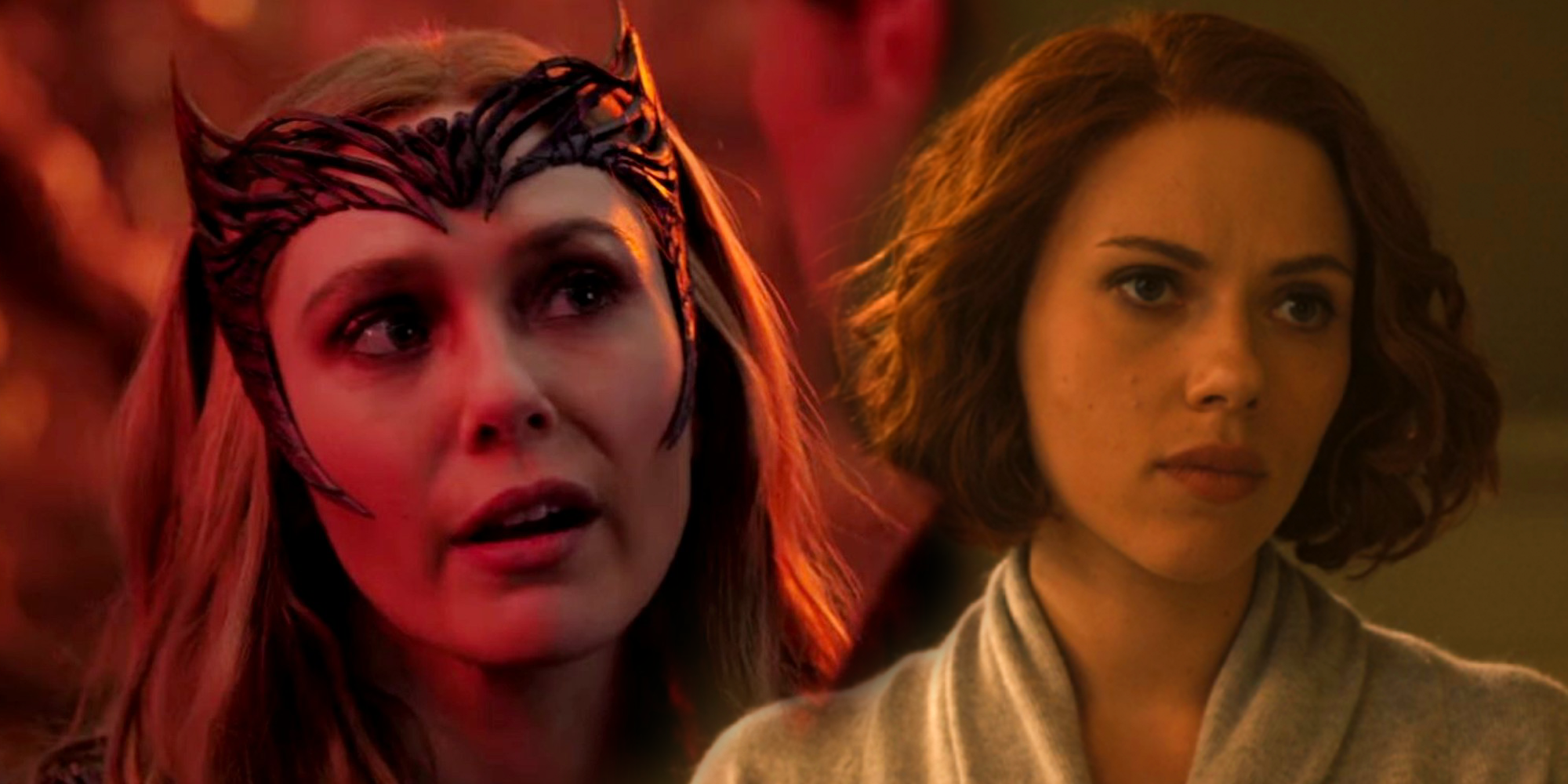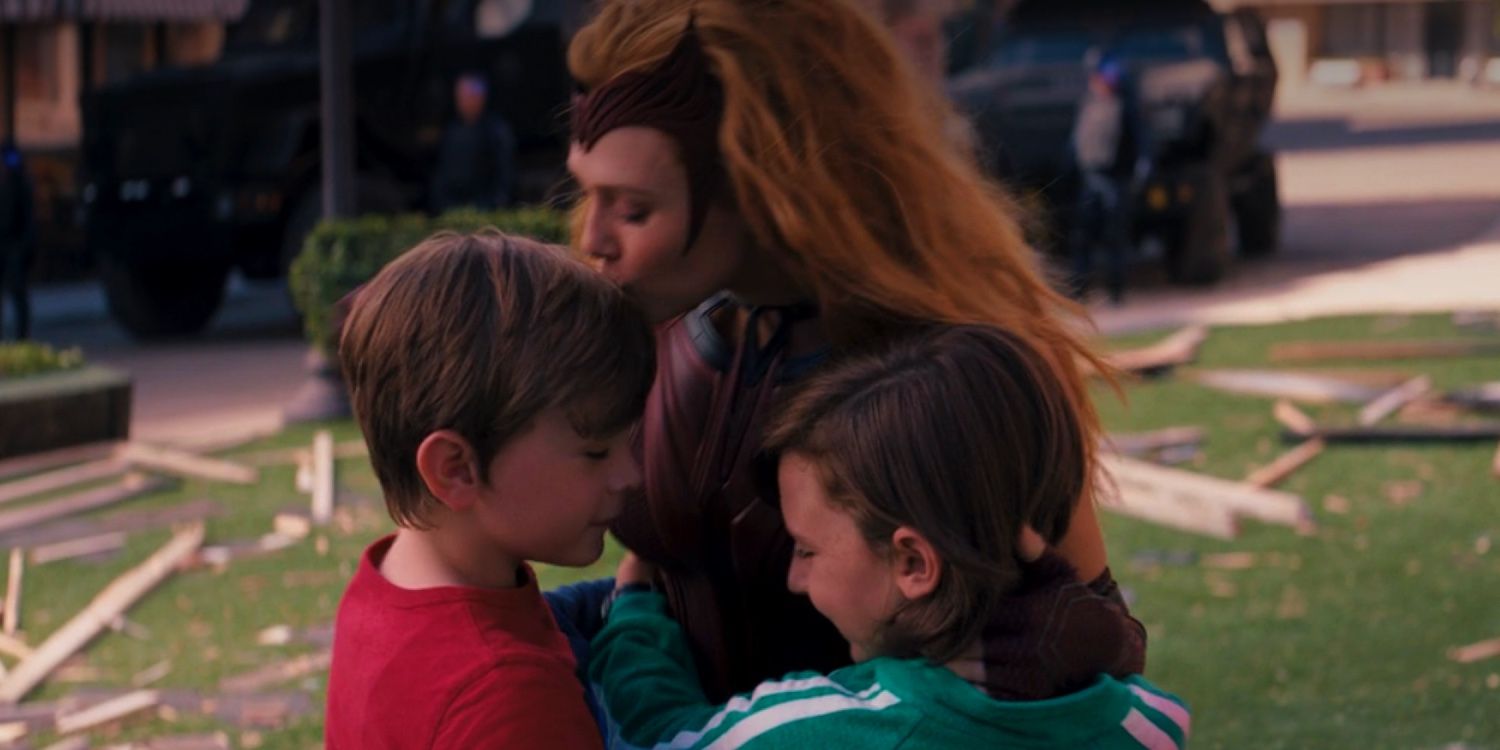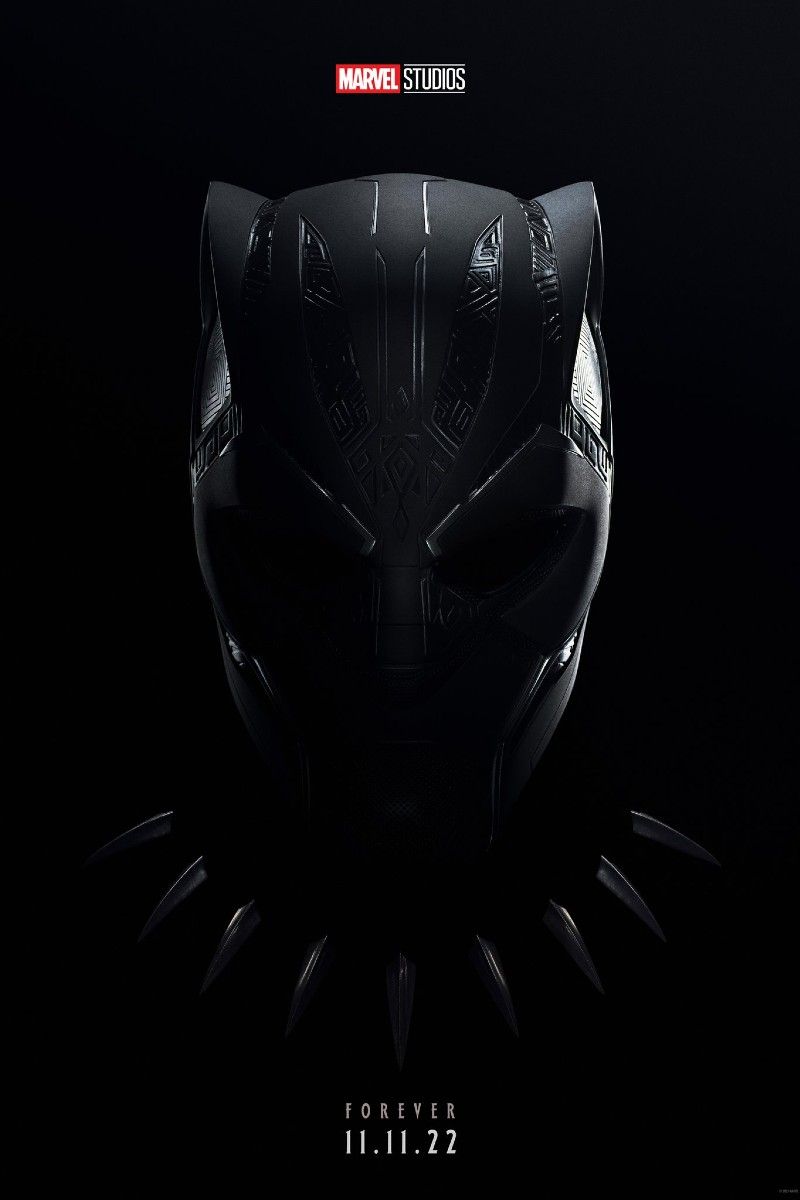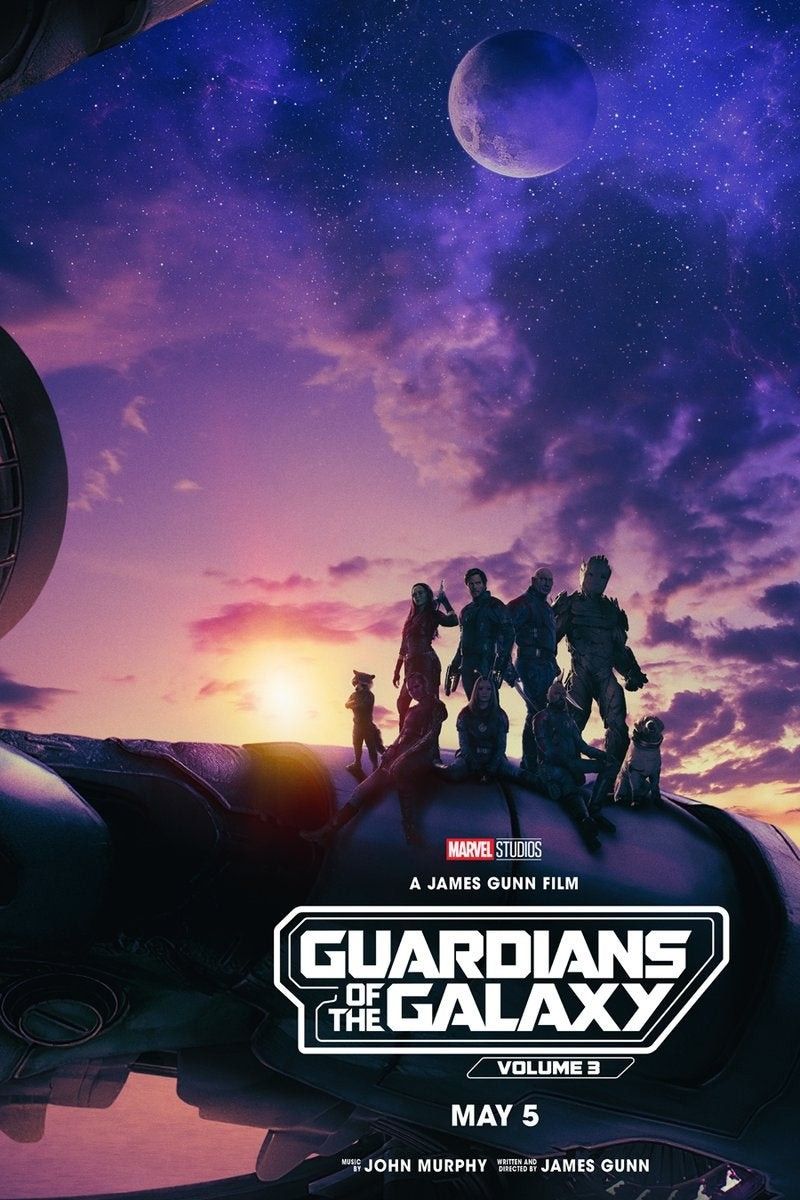Warning: Contains SPOILERS for Doctor Strange in the Multiverse of Madness
The MCU has come a long way from its beginnings in 2008, but in Doctor Strange in the Multiverse of Madness it managed to continue its worst Black Widow mistake, this time with Scarlet Witch. Black Widow, a.k.a Natasha Romanoff, is highly influential in the MCU for being the first central female hero in the films. Whilst her character is beloved, she was often opened up to stereotypical over-sexualization, and lazy sexist writing, something which unfortunately continued with Scarlet Witch to some degree.
The MCU largely started with centralizing heteronormative white men, with Black Widow being the only exception to this formula. As the MCU grew, its roster of heroes became a lot more inclusive, with the likes of Black Panther and Shang-Chi, as well as characters' sexualities deviating from heteronormativity, such as Loki's bisexuality, and Valkyrie searching for her Queen. Yet, despite such progressive strides being made, Multiverse of Madness still made one huge mistake with Scarlet Witch that was taken right from an early Black Widow storyline.
Scarlet Witch's evil twist in Multiverse of Madness is defined by the children that she can't have, which seems to be a direct repeat of a scene from Avengers: Age of Ultron, where Natasha tells Bruce that she was forcibly sterilized in the Red Room. Following this upsetting revelation, she asks him ''Still think you're the only monster on the team?'' This line not only feels oddly misplaced but it is built on misogyny. Despite this being such a mistake, Scarlet Witch's villain narrative follows this directly, as she furthers this idea of the monstrous mother.
Black Widow's line about being a ''monster'' completely overshadows her character. At that point in the MCU, she was the only major female character, and yet it turned out that she defined herself in her proximity to motherhood. Natasha had long struggled with the guilt of her past, which is what made her so compelling, but Age of Ultron whittled this complexity down to based gender stereotypes. Even though this scene was a huge misfire, Scarlet Witch continues this trend. Her psychotic break in which she became overly protective of the fake family she conjured was already explored in WandaVision, but Multiverse of Madness continued with this story as though there's nothing else to explore with her character. This is especially jarring given how Scarlet Witch's story ended. It's dangerous for the MCU to have its two most prominent female characters be reduced to their relationship with motherhood, especially so when motherhood is linked to villainy. In Natasha's case, she was a monster for not being able to have children, and in Wanda's case, she was a monster for wanting her children too much.
Even though the MCU is expanding upon its female characters' stories, it's reductive to have two of its most distinguished be characterized in relation to motherhood. Scarlet Witch's villain arc in Doctor Strange in the Multiverse of Madness is undoubtedly interesting and unlike any other MCU villain, but the story was built on gendered ground. With the introduction of younger female heroes such as Kate Bishop and Ms Marvel, and the exploration of Jane as Thor, with any luck, the MCU will start to treat their female characters as humans first and foremost, not mothers.






